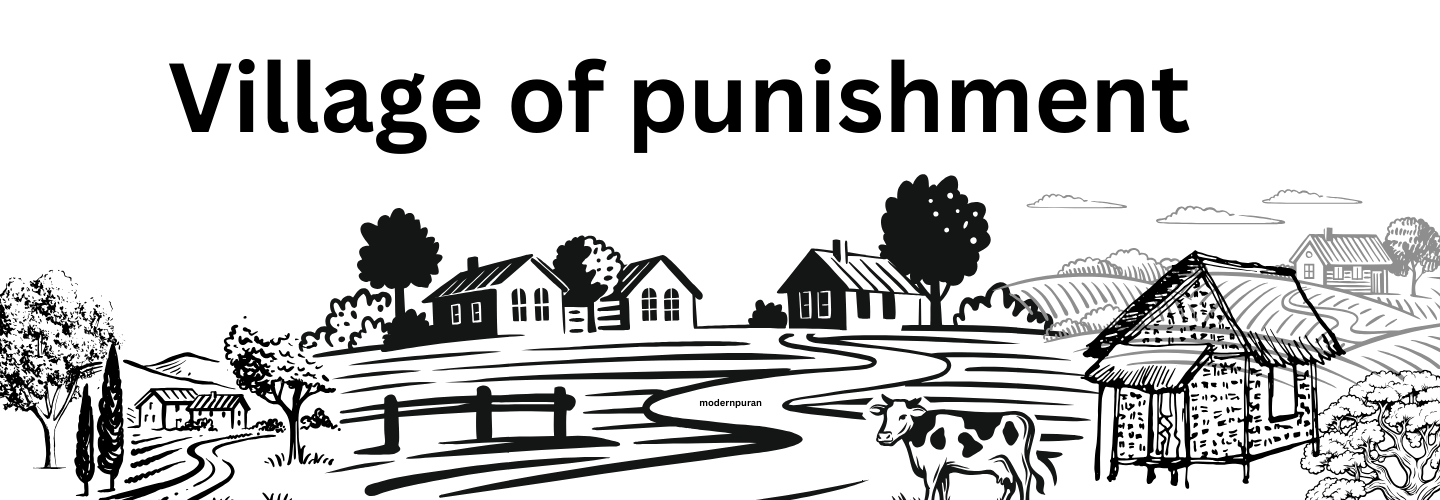
Bastar, a tribal region in Chhattisgarh, is famous for its unique courts where even divine beings aren’t spared! These special courts occur yearly in a temple, pronouncing the deity guilty and delivering punishment. With tribals making up 70 per cent of Bastar’s populace, this area is rich in traditions and tales that are unique to the Gond, Maria, Bhatra, Halba, and Dhurwa tribes.
The “jan adalat” or people’s court is one such tradition that occurs annually at Bhangaram Devi temple during the Bhado Jatra monsoon festival.
The Deity Trial Over the festival’s three days, trials overseen by temple deity Bhangaram Devi take place.
The gods are the defendants, animals and birds act as witnesses, and the villagers are the plaintiffs. The villagers bring forth grievances, from crop failures to unresolved illnesses – any unfulfilled prayer is fair game.


A deity found at fault is exiled. Their symbols, mostly wooden totems, are ejected from the temple, banished to its peripheral grounds. Sometimes, the banishment can be finite or infinite, depending on if the deity corrects its ways and regains temple acceptance. People from approximately 240 neighboring villages gather to witness these divine trials, culminating in a feast.
Behind the festival, which is a symbol of India’s rich diversity, is an idea that even Gods are accountable to the people.


At Modern Puran, we understand the importance of reliable and accessible educational content. Our platform offers a wide range of study materials tailored to various subjects and academic levels, ensuring that students can find exactly what they need to succeed.
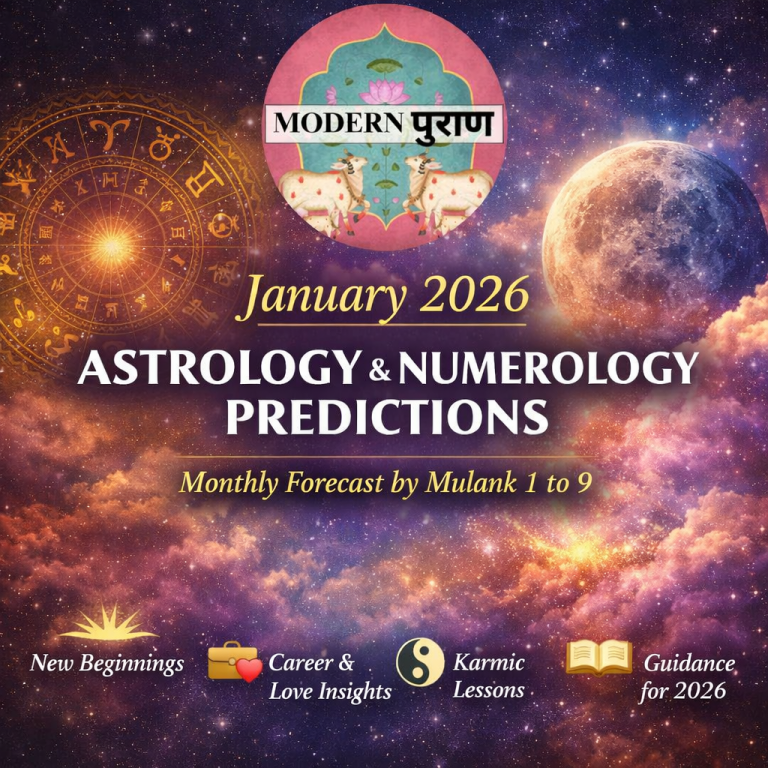
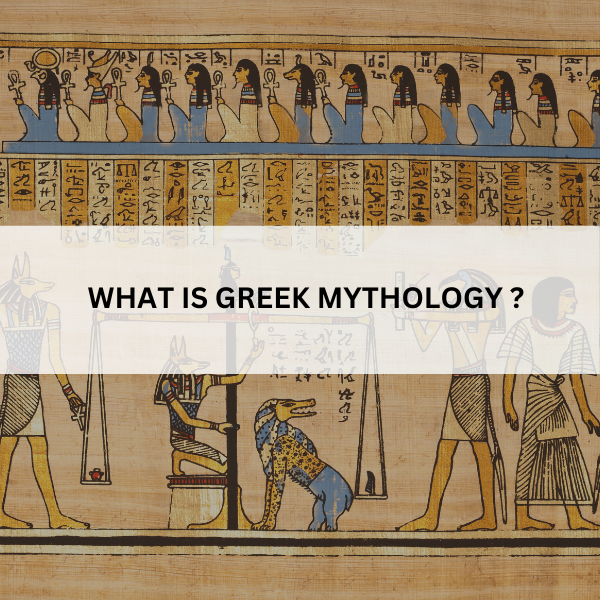
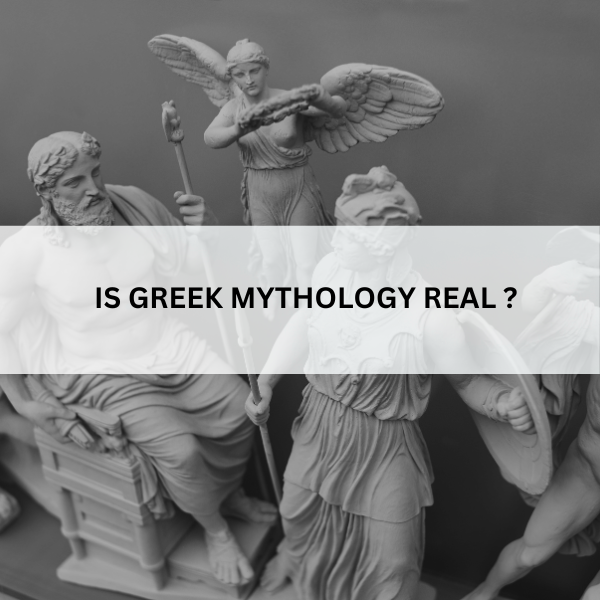
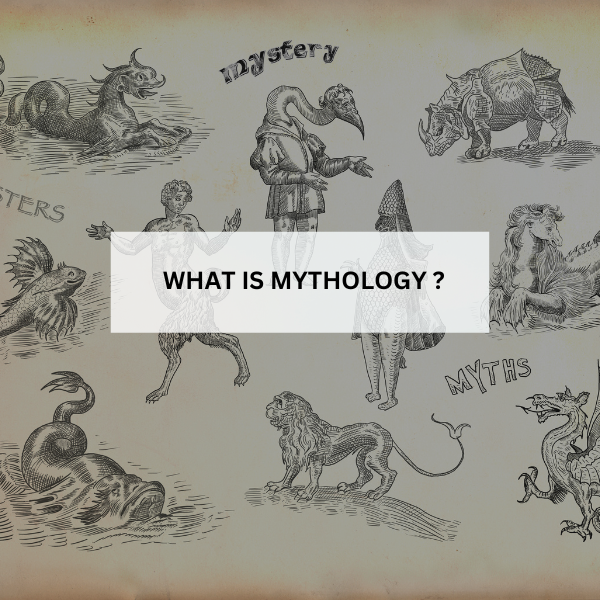
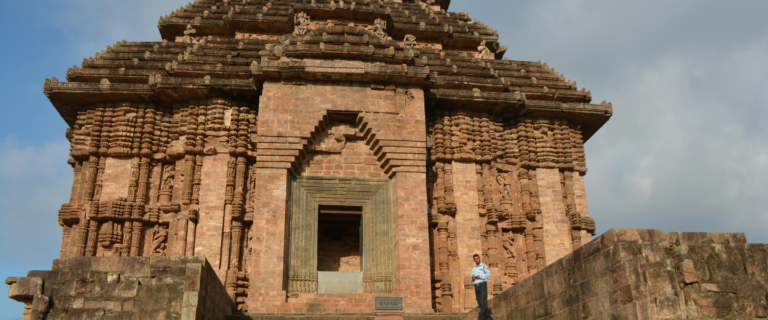


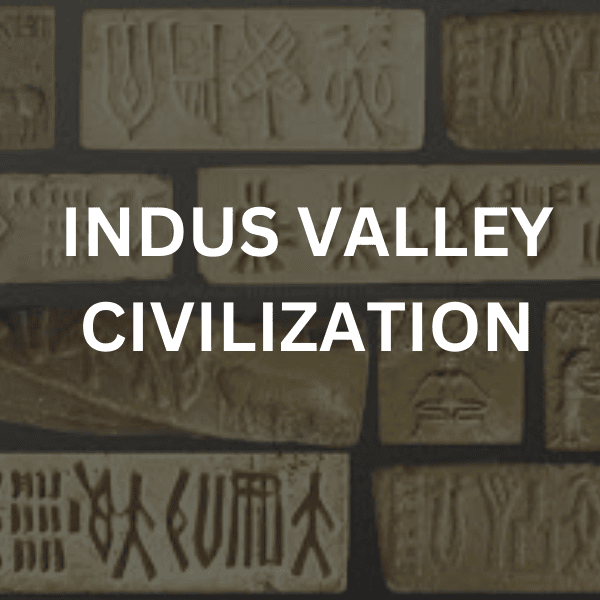
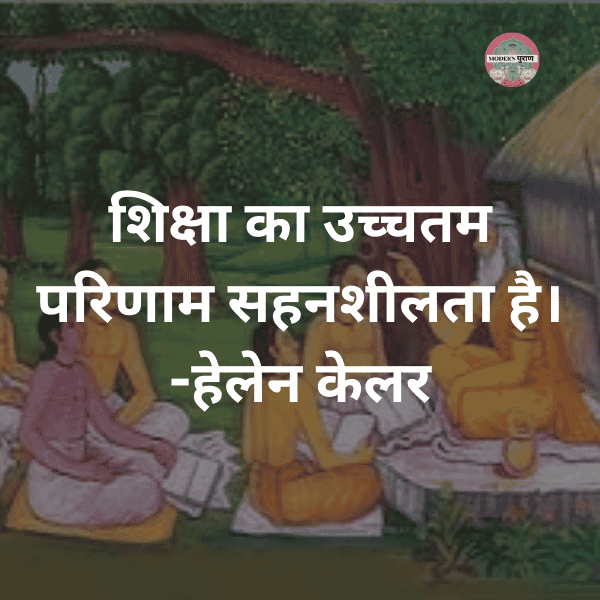

© 2024 MODERNPURAN All Rights Reserved